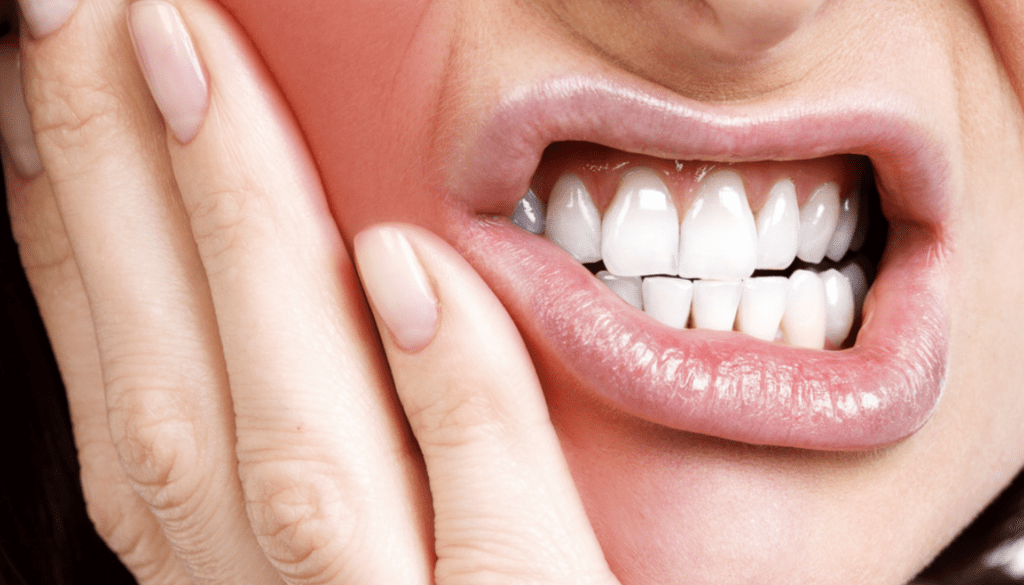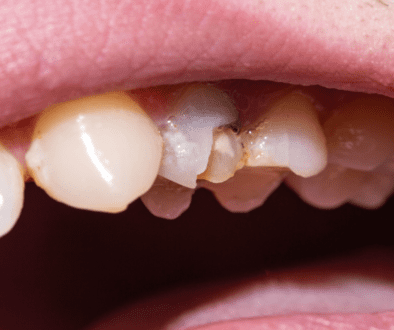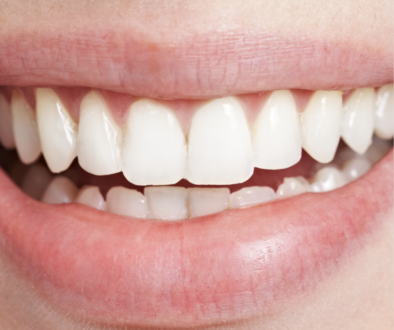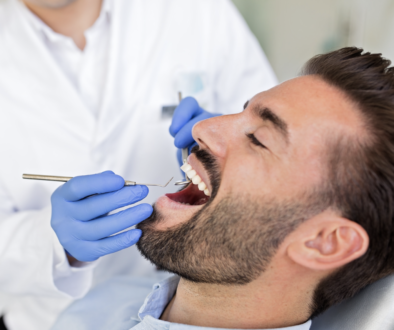How Can I Recognise the Early Signs of a Tooth Abscess?
As dental professionals at Chrysanth Dental, we understand the importance of recognising the early signs of a tooth abscess. A dental abscess is a serious condition that requires immediate attention to prevent complications and protect your oral health. In this blog post, we will discuss how you can identify the early symptoms of a tooth abscess and what steps you should take if you suspect you have an abscessed tooth.
What is a Tooth Abscess?
A tooth abscess, also known as a dental abscess, is a bacterial infection that forms inside the teeth or gums. It occurs when bacteria invade the tooth pulp, which is the soft tissue inside the tooth that contains nerves, blood vessels, and connective tissue. As the infection progresses, it leads to the buildup of pus that forms inside, causing pain and discomfort.
Types of Dental Abscesses There are two main types of dental abscesses:
- Periapical abscess: This type of abscess occurs at the tip of the tooth root and is often caused by an untreated dental cavity or tooth decay.
- Periodontal abscess: This type of abscess occurs in the gums surrounding the tooth and is usually a result of gum disease.
Early Signs and Symptoms of a Tooth Abscess
Recognising the early signs of a tooth abscess is crucial for seeking prompt dental treatment and preventing the infection from spreading. Here are some common symptoms to look out for:
- Severe, throbbing toothache: One of the most prominent signs of an abscessed tooth is a persistent, throbbing pain that radiates to your jaw, neck, or ear. The pain may worsen when you lie down or apply pressure to the affected tooth.
- Sensitivity to hot or cold temperatures: An infected tooth may become extremely sensitive to hot or cold foods and beverages, causing sharp pain or discomfort.
- Swelling in the face or cheek: As the infection progresses, you may notice swelling in your face, cheek, or lymph nodes under your jaw or in your neck.
- Fever: A tooth abscess can cause a low-grade fever as your body fights the infection.
- Bad taste in your mouth: If the abscess ruptures, you may experience a sudden rush of foul-smelling and foul-tasting fluid in your mouth, followed by pain relief.
- Difficulty opening your mouth or swallowing: In severe cases, the swelling caused by the abscess may make it difficult for you to open your mouth or swallow.
What to Do If You Suspect You Have a Tooth Abscess
If you experience any of the above symptoms, it is essential to see a dentist immediately. Delaying treatment can lead to the spread of the infection to other parts of your body, causing serious health complications.
At Chrysanth Dental, our experienced team of dental professionals is equipped to diagnose and treat dental abscesses effectively. We will conduct a thorough examination of your mouth, teeth, and gums to determine the severity of the infection and develop a personalised treatment plan.
Treatment Options for a Tooth Abscess
The primary goal of tooth abscess treatment options is to eliminate the infection and prevent complications. Depending on the extent of the damage caused by the abscess, our dentist may recommend one of the following treatment options:
- Root canal treatment: If the affected tooth can be saved, our dentist will perform a root canal to remove the infected tissue from the pulp chamber and root canals. The tooth will then be sealed and restored with a crown to protect it from further damage.
- Tooth extraction: In cases where the tooth is severely damaged and cannot be saved, our dentist may recommend extracting the tooth to prevent the spread of the infection.
- Antibiotics: In addition to the above treatments, our dentist may prescribe antibiotics to help fight the bacterial infection and prevent it from spreading to other parts of your body.
Preventing Tooth Abscesses
Maintaining good oral hygiene is key to preventing tooth abscesses and other dental problems. Here are some tips to keep your teeth and gums healthy:
- Brush your teeth twice a day with fluoride toothpaste and a soft toothbrush.
- Floss daily to remove plaque and food particles between your teeth.
- Use an antiseptic mouthwash to kill bacteria and freshen your breath.
- Visit Chrysanth Dental regularly for professional cleanings and check-ups.
- Avoid sugary and acidic foods and drinks that can erode your tooth enamel and contribute to tooth decay.
Don’t Let A Tooth Abscess Go Untreated
If you experience dental pain or notice any signs of a tooth abscess, do not hesitate to contact Chrysanth Dental. Our caring and knowledgeable team is here to help you maintain optimal oral health and address any concerns you may have. Remember, early detection and treatment of dental abscesses are essential for preventing complications and preserving your natural teeth.
In conclusion, recognising the early signs of a tooth abscess is crucial for protecting your oral and overall health. If you suspect you have an abscessed tooth, seek dental treatment immediately. At Chrysanth Dental, we are committed to providing our patients with the highest quality of care and helping them achieve healthy, beautiful smiles. Trust us to be your partner in maintaining optimal oral health.




